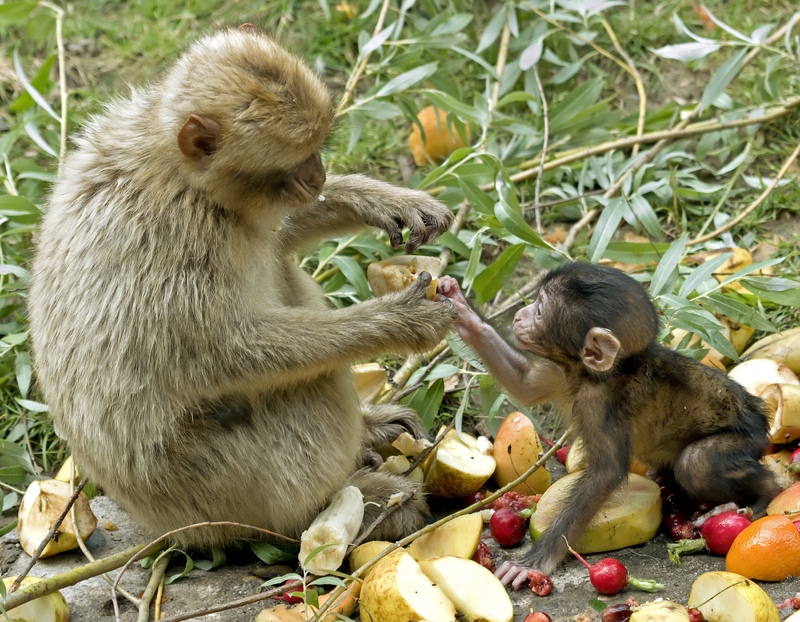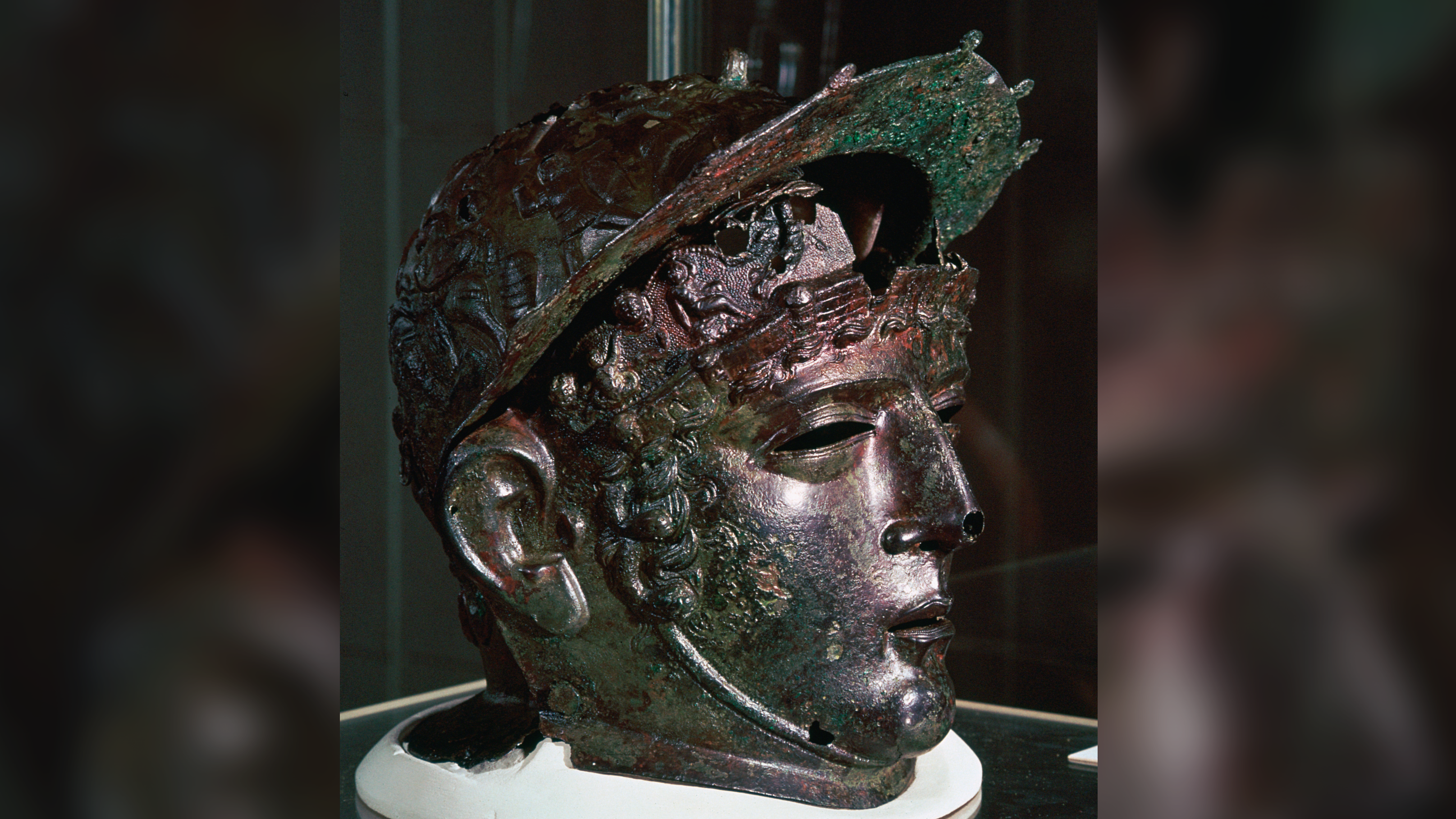Drunken Monkeys: Does Alcoholism Have an Evolutionary Basis?

As the child of an alcoholic father, Robert Dudley long wondered what caused the destructive allure of alcohol. Then while working in the Panamanian forest as a biologist, Dudley saw monkeys eating ripe fruit, which likely contained small amounts of the stuff, and an answer occurred to him: Maybe alcoholism is an evolutionary hangover.
Had fruit-eating animals, including human ancestors, gained an evolutionary advantage by learning to associate the smell and taste of alcohol with ripe fruit? Dudley wondered. He named this concept the drunken monkey hypothesis. "I thought it was too simple an idea not to have been thought of previously," he told Live Science. But he found no record of it.
Now, about 15 years after conceiving the idea, Dudley, who studies the physiology and biomechanics of flight at the University of California, Berkeley, has published a book, "The Drunken Monkey: Why We Drink and Abuse Alcohol" (University of California Press, 2014) that delves into the evolution of humans' and other animals' attraction to fruit, and as a result, alcohol. [10 Easy Paths to Self-Destruction]
Introducing the drunken monkey
The concept goes like this: Microscopic fungi, called yeast, turn the naturally occurring sugar in fruit into a chemical known as ethanol, which most people know better as alcohol. Fruit-eating animals — everything from primates and other mammals to insects and reptiles —began to use the scent of ethanol as a cue to find ripe fruit. Ethanol offers other benefits as well: it helps preserve the fruit from bacterial spoilage and stimulates the appetite of whatever consumes it (think of an aperitif).
Scientists know little about the natural occurrence of ethanol and its role in diet for many species, Dudley writes.
"It's not just Napa vineyards and drunks on the street. There is actually a much broader natural background of alcohol production within fruit and consumption by tens of thousands of species of animals," Dudley told Live Science.
Get the world’s most fascinating discoveries delivered straight to your inbox.
His theory casts an attraction to alcohol as an adaptation to the natural world. However, in the modern one, where booze is plentiful, this adaptation produces a major public health problem for some people, according to his hypothesis. His idea echoes the thrifty gene hypothesis, which proposes that millennia of natural selection for an efficient metabolism led to diabetes and obesity amid today's excess of fat and sugar. [7 Foods You Can Overdose On]
Despite the concept's name, drunkenness is only a small part of the hypothesis. Stories of apparently intoxicated animals may get a lot of attention, but they are rare. "Overt inebriation is probably a bad idea in the animal kingdom," Dudley said. Likewise, most people manage to drink without getting drunk, often consuming low levels of ethanol with food, he said.
Passing the smell test
Dudley's idea has proved controversial. Katharine Milton, a primatologist and human ecologist also at UC Berkeley, remained unconvinced after investigating the evidence.
"I am a great friend of Dr. Dudley's, but found his drunken monkey hypothesis rather speculative and unsupported, to say the least," Miltontold Live Science in an email. In 2004, four years after Dudley proposed his hypothesis, she published a critique in the journal Integrative and Comparative Biology.
She points out that if anything the smell of ethanol is more likely to repulse fruit-eating primates than attract them. Overripe fruit contains higher levels of ethanol than ripe fruit, and both humans and other primates avoid fruit in this state, she writes.
Dudley, however, points out that no one knows how much of the intoxicant fruit-eaters are consuming.
The health effects of alcohol are another point of contention. Dudley cites studies showing beneficial effects of moderate ethanol consumption in a few animals and in humans. Of course, ethanol can also be damaging or even deadly at high doses. He sees these apparently conflicting effects as evidence of a long evolutionary history of exposure to a naturally occurring substance, which only becomes toxic when encountered in abnormally high concentrations. Milton, who is skeptical of the benefits, just sees an enjoyable toxin.
She has her own theory on the human attraction to ethanol. Unlike our primate relatives, humans have no innate nutritional wisdom that tells us what to consume, she said. "Humans are cultural animals," she said. "Humans can move all over the globe and take the most seemingly uninteresting item out of the environment, and through culture, manipulate it and transform it into a highly nutritious food."
Human cultures have been fermenting alcohol for thousands of years, and generation after generation has learned to like it, as a result. The reason for this attraction probably has nothing to do with nutrition or health: "Humans love any mind-altering substance," she said.
Follow Live Science @livescience, Facebook & Google+. Original article on Live Science.
 Live Science Plus
Live Science Plus






